![]() New England state names came from a variety of sources. The English, French, Italians and Native Americans all had a hand in creating them. And, of course, someone had to name the region itself.
New England state names came from a variety of sources. The English, French, Italians and Native Americans all had a hand in creating them. And, of course, someone had to name the region itself.
When Captain John Smith of Jamestown fame sailed up the coast and first laid eyes on the coast of New England, there was no doubt what he would call it. The land virtually spoke to him. Nothing else would do. It shall be called: North Virginia.
If the colony of Virginia could be named for Queen Elizabeth, the virgin queen, why not the rest of the colonies? Wait, scratch that. King James thought a better idea was “New England.” And, as you might imagine, everyone responded that, of course the king was right. Brilliant! New England it must be! Stupid to think anything else…
The New England State Names
And so our region got its name. Today we take for granted our New England state names. Around 400 years ago, however, colonists, would-be colonists, kings and queens scratched their heads trying to figure out what to call these lands they intended to settle.
The name had to be appropriate, as this responsibility was taken seriously. Then the name had to pass muster with the king or queen sponsoring the voyage that brought the discoverer to the land. And, finally, it had to stick with the people who would use it.
Through this roundabout manner, the New England state names we use today came into place.
New Hampshire
New Hampshire has one of the most straight-ahead names among the New England state names. The English explorer/colonizer John Mason sought and received a grant of land, roughly half the area between the Merrimack and Kennebec River. And the grant called the property New Hampshire, after the county of Hampshire in old England.
Though he may have named New Hampshire, Mason never actually set foot on it. He died in 1635 before making his first trip to his new colony, and eventually Massachusetts took control of the territory for a while. But the name was a keeper.
Maine
The naming of Maine is less straightforward and its origins less certain than the other New England state names. While Mason received the southern part of the land area between the Kennebec and Merrimack Rivers, the northern portion was granted to Sir Ferdinando Gorges, another early colonizer.

Charles I nixed New Somerset
But how did Gorges settle on Maine? It’s not completely clear. The original charter splitting the territory from New Hampshire named it Laconia. Derived from the name of the region in Greece, it also gives us the root for the word ‘laconic,’ appropriate for Maine. However, it never took as the official name.
Gorges himself is on record proposing the area be called New Somerset, after his home in England. King Charles, however, hated that name. He declared that the land would be known as the province or county of Mayne. Which seems official enough, but throughout the next decades the name was still discussed and debated.
How did Maine finally win out? One suggestion is that the name cleanly distinguished between the islands off shore and the mainland, and for a while people called it simply the mainland. Whatever the final reason, Maine it was and Maine it is.
Gorges was another colonizer who never saw his colony. He never got to Maine, though he paid to help found the Popham Colony. He was destitute upon his death and his son sold all the land covered by the charter to Massachusetts in 1677. It would take the state nearly 150 years to get its independence back.
Massachusetts
When the Pilgrims arrived in Massachusetts, they found the Algonquins already had a name for the place. They called it Massachusêuck, which meant “about the great hill.” It was a reference to Blue Hill and the native American tribe that populated that area. William Bradford and company kept right on using it.

William Bradford
Now why did Bradford not assign Massachusetts a name of English choosing? Sensitivity to the rights of Native Americans? Political correctness? Unlikely. He probably simply adopted what the locals called it to better communicate.
Plus, since the native Americans probably saved the Pilgrims from starvation that first year, perhaps it seemed only right not to go about changing the names of things even if you did intend to appropriate the land.
Connecticut
Connecticut is another of the New England state names derived from a Native American word, Quinnehtukqut (roughly translated ‘the long tidal river’). This was the name the Mohegans gave to the Connecticut River, as early trader and Dutch explorer Adriaen Block learned.
Block did name Block Island for himself. Florentine explorer Giovanni da Verrazzano had earlier dubbed it “Claudia” for the queen consort of France. But Block preferred to simply give it his own name, and it stuck.
When it came to Connecticut, however, Block stayed with the name of the river already in use. Perhaps he was trying to communicate with the Native Americans he traded with, or perhaps he wanted to avoid confusion. Over time it got franglicized into Connecticut.
Rhode Island
Rhode Island and the Providence Plantations (its official name) got its name from two incidents. We’ve already mentioned Verrazano was a great one for naming things, just not making them stick. Likewise, when he first found Rhode Island, he noted that Block Island (which he called Claudia) had a striking relation to the Isle of Rhodes. While not necessarily what he intended, map makers branded the whole area Rhode Island. It was one of the few names he created that stuck, at least partially.
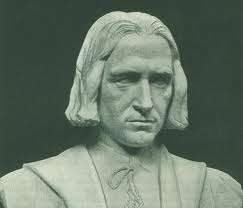
Roger Williams (imagined)
When Roger Williams was run out of Massachusetts as a heretic, he settled in Rhode Island. He was so pleased of escaping a trial for heresy he concluded that divine providence had shone down on him. And so he called his new home the Providence Plantations.
Today, the two are melded together in one simple phrase that trips off the tongue so easily that most people have shortened it for ease of use. Score the win for Verrazano.
Vermont
Finally we come to Vermont, perhaps the most obviously named of the New England state names. While all the New England colonies debated their destiny as the push for independence took hold, Vermont had a free-for-all argument.
Should the state join up with France and become a part of New France? Or should it remain English? Should it join with the other colonies in breaking away from England? Or maybe it should be its own country?
Each of these points of view had its own strong supporters over the years, so much so, perhaps, that no one ever managed to dislodge the informal, original name applied to it by explorer Samuel de Champlain.
When Champlain noted Vermont on his 1647 map, he made a simple notation: Verd Mont (Green Mountains).
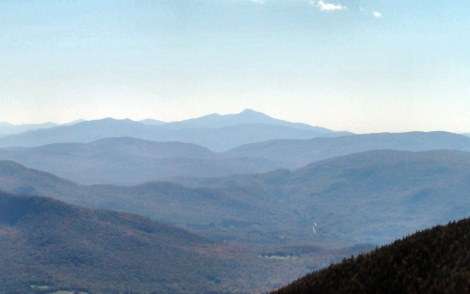
The Green Mountains
If it was good enough for Champlain, it was good enough for the people of the state and so, with a little Anglicization, the Green Mountain state is today Vermont.
* **
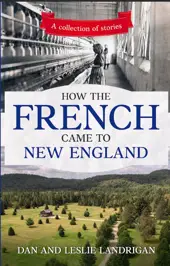 Now available in paperback and as an ebook from the New England Historical Society! A collection of stories about the French people who came to America. Click here to order your copy today!
Now available in paperback and as an ebook from the New England Historical Society! A collection of stories about the French people who came to America. Click here to order your copy today!
This story about New England state names was updated in 2026.

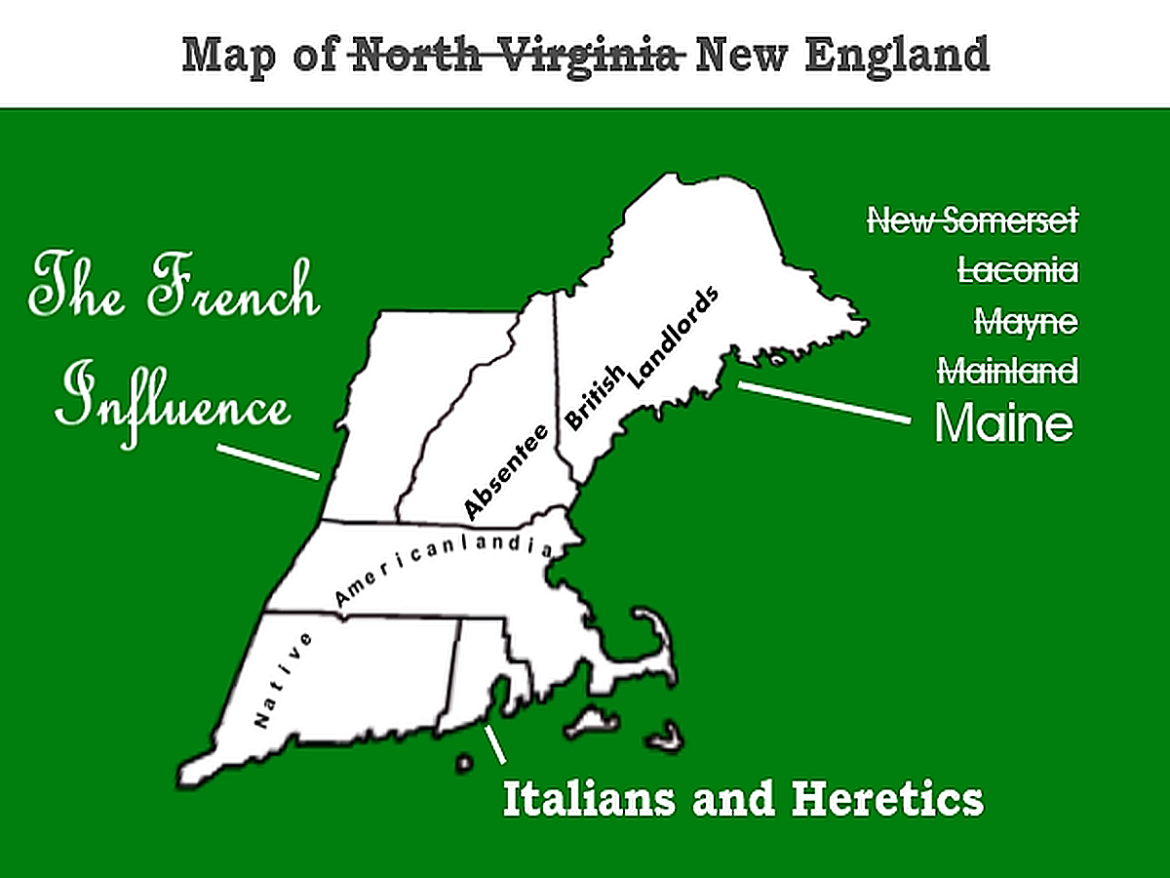
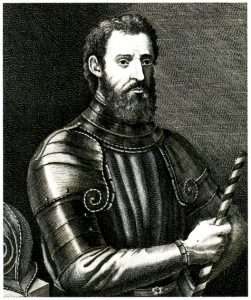

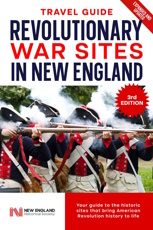

13 comments
Northern Maine was in fact New France before the English (continentals) took it without a fight from what is now New Brunswick
Verrazano actually was referencing Aquidneck Island, not Block Island, when he made the Isle of Rhodes comparison.
I agree Northern Maine was part of New France, and a part of Acadia. Southern Maine was also part of Massachusetts for some time.
Maine was known as the eastern district of Massachusetts until 1820. Why not the northern district? Beats me.
Downeast…Acadia.
Please tell us the story of Endicott Rock at weirs Beach, NH.
Born&raised here I guess I didn’t realize how historical it was!!
[…] many place names in New England were named after places in England. Massachusetts has the most, with at least 104 English names for […]
We claim the state of Maine got it’s name from John Main that lived there in 1630!?
[…] Popham Colony – a year-long effort to establish a British colony in Phippsburg, Maine at the mouth of the […]
[…] colonists had settled Maine under a charter granted to Fernando Gorges. York was successively known as Bristol, Agamenticus and, in 1642, as Gorgeana. Gorges died 10 […]
[…] Eventually the New England states that we now know today were formed and each was named for its own reasons, if you are interested you can find more info on that subject in this article by the newenglandhistoricalsociety.com. […]
[…] explorer Adriaen Block had explored Rhode Island and the interior of Connecticut in 1614, naming Block Island after himself and probably naming Rhode Island "Roode Eylandt.” The Dutch even tried to claim Rhode Island as […]
Comments are closed.